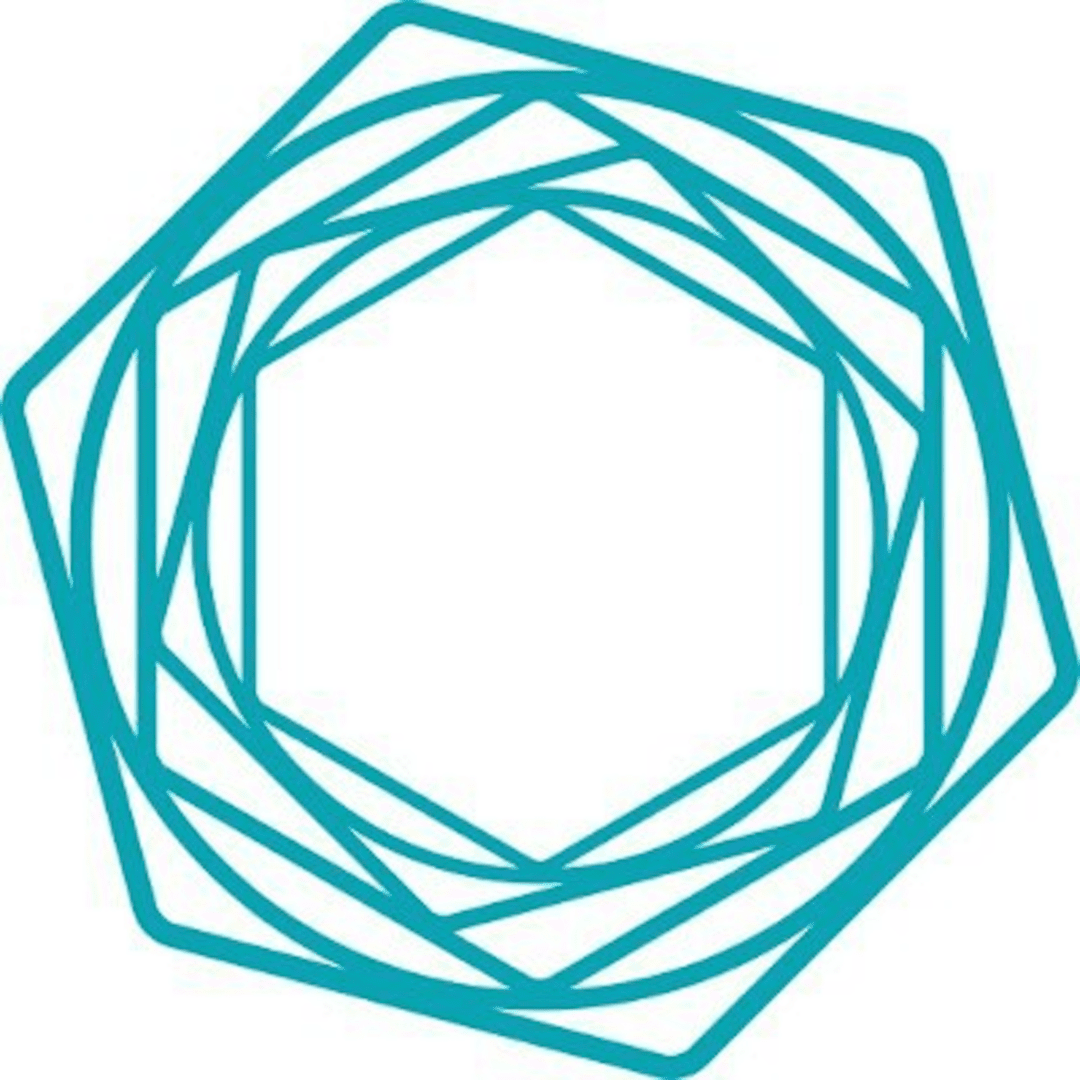Nessus
Expose and close weaknesses across your constantly changing attack surface with the industry’s most trusted vulnerability assessment solution.

Nessus
Nessus is a widely used vulnerability scanning tool developed by Tenable, Inc.. It is designed to help organizations identify and remediate security vulnerabilities across their IT environments. Nessus supports various systems, including servers, networks, cloud infrastructure, containers, and web applications, making it a versatile solution for cybersecurity professionals.
Key Features
1. Comprehensive Vulnerability Scanning
- Detects misconfigurations, software vulnerabilities, and policy non-compliance.
- Covers IT infrastructure, including operating systems, databases, network devices, and applications.
2. Extensive Plugin Library
- Provides over 170,000 plugins for detecting known vulnerabilities.
- Updated daily to ensure the latest threats are identified.
3. Ease of Use
- Intuitive user interface with pre-configured scan templates for different use cases.
- Supports custom scans tailored to specific environments or requirements.
4. Reporting and Analysis
- Generates detailed, customizable reports for different stakeholders.
- Includes risk scores based on CVSS (Common Vulnerability Scoring System) for prioritization.
5. Lightweight Deployment
- Easy to deploy on various operating systems (Windows, macOS, Linux).
- Agents available for distributed scanning in large or remote environments.
6. Integration and Extensibility
- Integrates with third-party tools like SIEMs (e.g., Splunk) and ticketing systems (e.g., ServiceNow).
- Offers an API for automation and integration into CI/CD pipelines.
Use Cases
- Network Security: Identify open ports, weak protocols, and exploitable vulnerabilities in network devices.
- Web Application Scanning: Test for vulnerabilities like SQL injection, XSS, and insecure configurations.
- Compliance Auditing: Ensure adherence to regulatory standards like PCI-DSS, HIPAA, and GDPR.
- Cloud Security: Scan cloud environments (e.g., AWS, Azure, GCP) for misconfigurations and vulnerabilities.
How It Works
- Install Nessus: Deploy the Nessus software on a server or local system.
- Define Targets: Specify the IP ranges, subnets, or hosts to scan.
- Select Scan Policies: Use pre-defined templates or create custom policies.
- Run Scans: Execute scans to discover vulnerabilities and collect data.
- Analyze Results: Review findings, prioritize based on risk, and implement remediation.
Editions
- Nessus Essentials (Free): Limited to 16 IPs; ideal for small-scale environments or personal use.
- Nessus Professional (Paid): Designed for consultants, small businesses, and enterprises.
- Nessus Expert: Includes expanded capabilities like infrastructure-as-code (IaC) scanning and cloud configurations.
- Tenable.sc and Tenable.io: Enterprise-grade solutions for continuous monitoring and vulnerability management.
Advantages
- Rapid setup and minimal learning curve.
- Broad vulnerability coverage with daily plugin updates.
- Reliable, trusted tool used by thousands of organizations worldwide.
Limitations
- Licensing cost may be prohibitive for smaller organizations.
- Heavy reliance on signature-based detection (less effective for zero-day vulnerabilities).
Official Website
https://www.tenable.com/products/nessus
Screenshots
Dashboard Example:

Nessus is a powerful and versatile tool for proactive vulnerability management. It is trusted by professionals across industries to safeguard their digital environments against evolving cyber threats.
> Visit Nessus Website <
